Cited among students as a best engineering program for its focus on real-world, hands-on learning, BW is excelling with bounteous grants, initiatives and partnerships regionally and nationally.
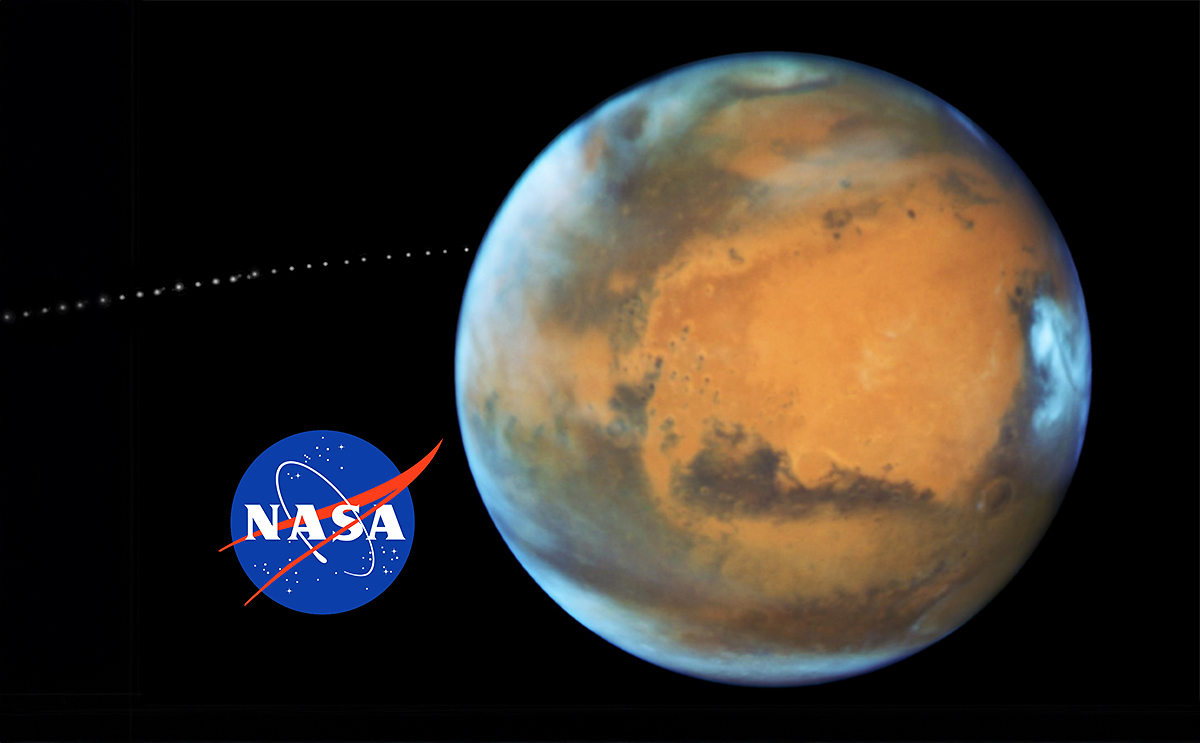
Since its inception, the program has flourished. In 2023, it earned accreditation by ABET (Accreditation Board for Engineering and Technology) on its initial application review.
In June of this year, BW was the "Rookie of the Year" and overall winner of the 2025 Marine Energy Collegiate Competition, a multi-level, nine-month competition that put BW alongside R1 and R2 universities.
Today, engineering has nearly 80 students enrolled. It is poised for further growth and activity as the new school year gets underway.
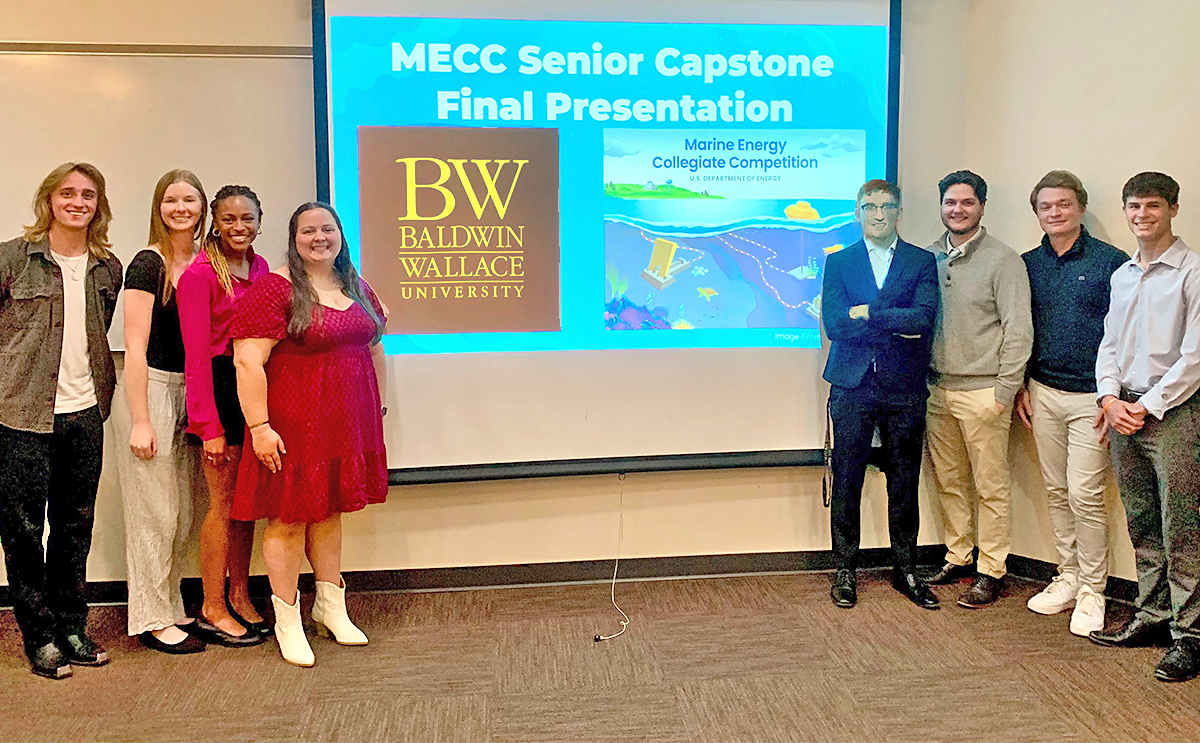
BW was accepted into the National Space Grant Moon to Mars eXploration Systems and Habitation 2026 Academic Innovation Challenge. The prestigious honor, which included a competitive proposal process, will benefit juniors and seniors studying engineering and physics.
As award recipients, BW received funding as well as an opportunity to design, build and test a prototype of a tunnel system that could be used for moving between surface elements on a lunar and/or Martian surface.
According to NASA, the goal of the competition is to foster innovative ideas and technologies that can be applied for use in space habitats and deep space exploration missions.
BW was recently awarded $30,000 from the Port of Cleveland's Community Investment Fund to build a mobile wave tank for teaching and outreach.
The award builds on BW's rise in the field of marine energy, as it relates to Lake Erie and partnerships with regional organizations like Fresh Water Institute, NEO: STEM and Argonaut.
The portable wave tank, which is not yet designed, will have a computer-controlled wave maker at one end, a demonstration wave energy converter device and a "beach" at the other end to absorb waves. It will be used for teaching and outreach both on and off campus.
Work on the design and use of the wave tank will be part of an elective course on marine energy. The fall 2025 course is being taught by associate professor of engineering Jeff Dusek, who wrote the Port of Cleveland grant and was the author of a prestigious $499,796 grant BW was selected to receive last year by the U.S. Department of Energy's Water Power Technologies Office.
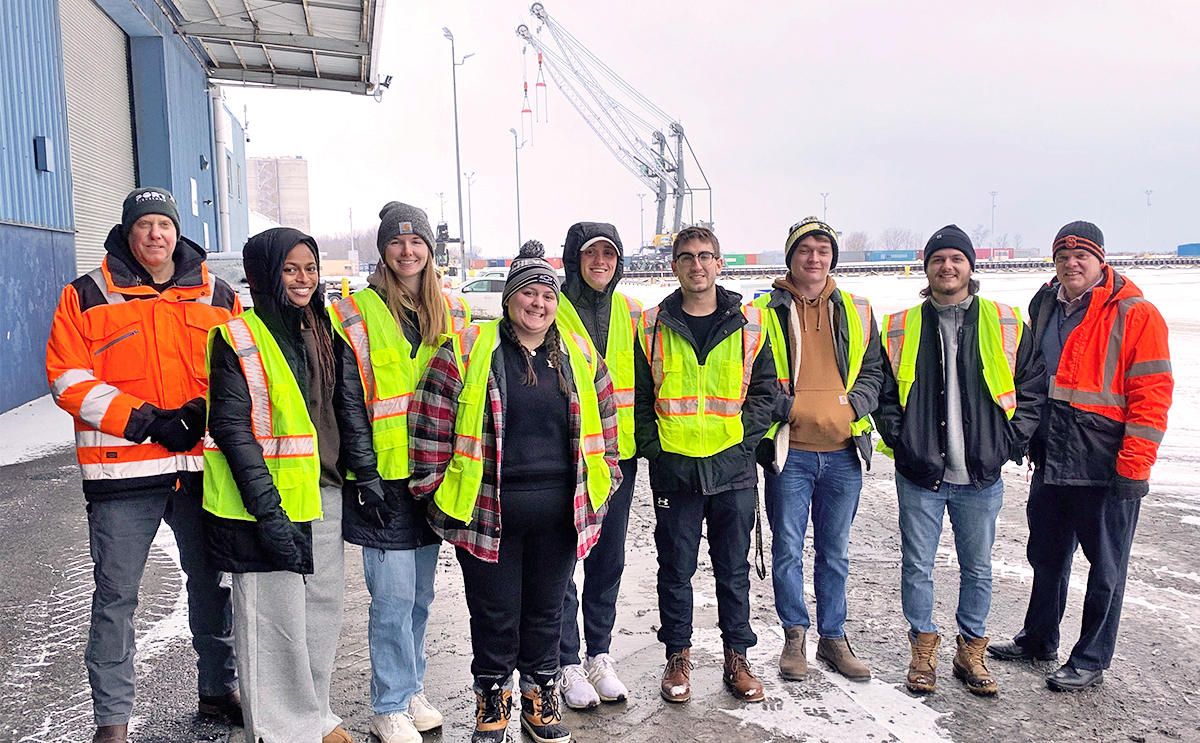
This fall, seniors in the capstone course will benefit from a case study that will take them to nearby Cleveland for field work at the Port of Cleveland's Sediment Processing and Management Facility (located near Burke Lakefront Airport).
To sustainably manage sediment from vital dredging operations in the Cuyahoga River, the Port has created an innovative process at the facility to dewater and beneficially reuse dredge material for various community uses.
Students will work alongside BW partners to automate water quality measurements within the facility with the goal of identifying improvements to the dewatering process and maintaining the highest standards for water flowing back into Lake Erie.
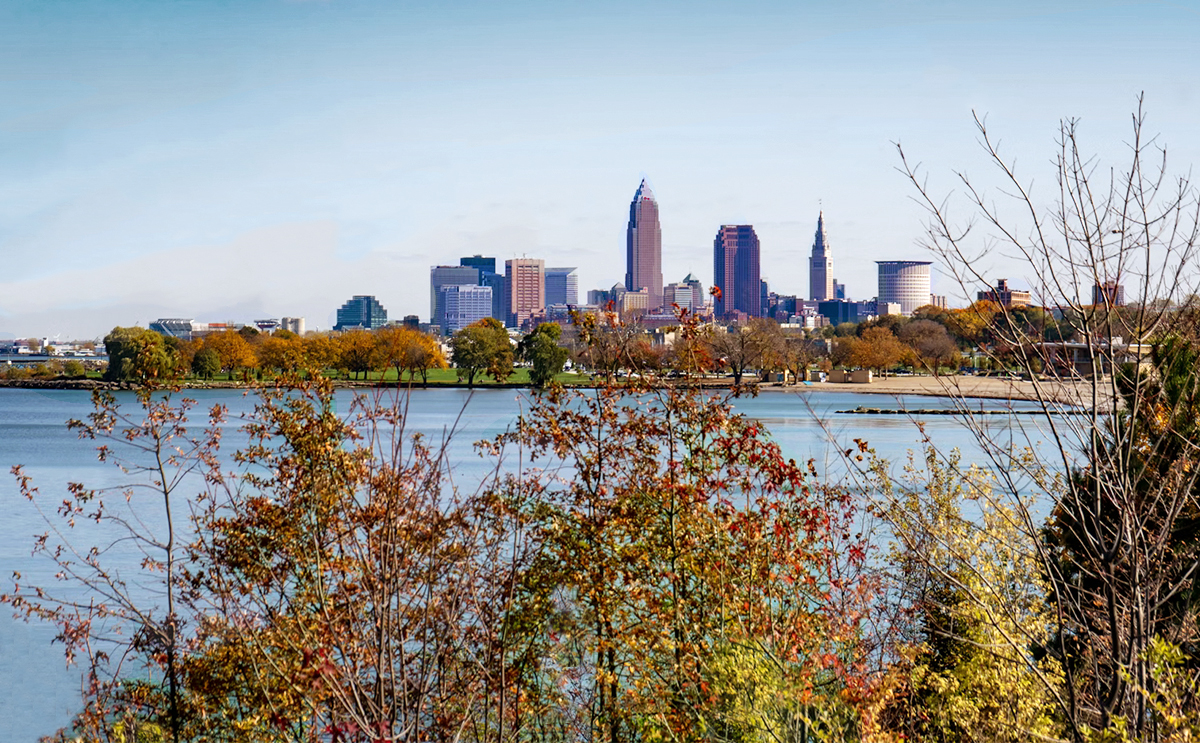
According to engineering chair Jennifer Kadlowec, preparing students for academic and career success is an ongoing priority.
While BW engineering students currently can take coursework that enables them to specialize in an area of focus — like mechanical engineering, electrical engineering, civil structures and others — the department will be introducing a more formalized approach that will have competencies appear on student transcripts to give further credence to their value.
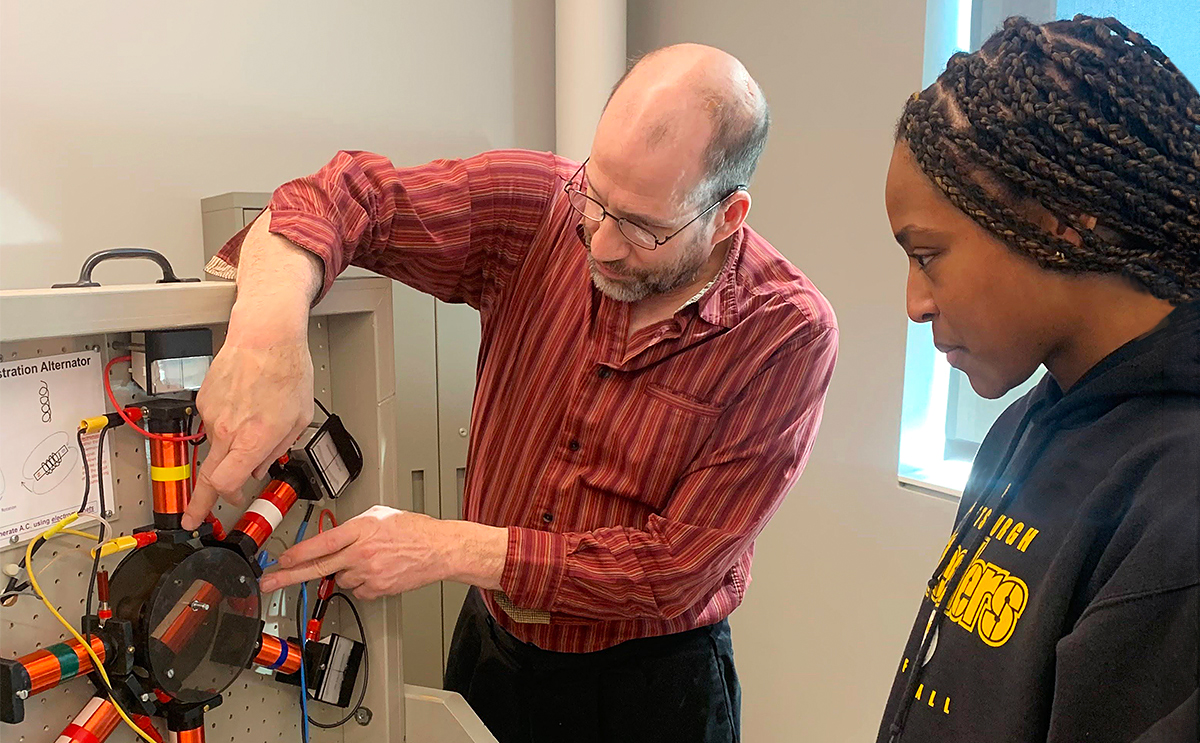
"Engineering is a rewarding and in-demand career pathway for individuals who find fulfillment and intrigue in designing, building and testing new technologies and products," emphasized Kadlowec.
"At BW, our students graduate with the knowledge and skills to succeed in their first job, but in subsequent managerial ones, as well," she added.
BW's engineering program is part of the university's STEM Scholars Program and Choose Ohio First Scholarship.